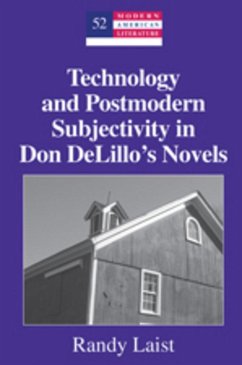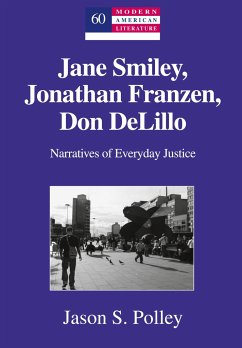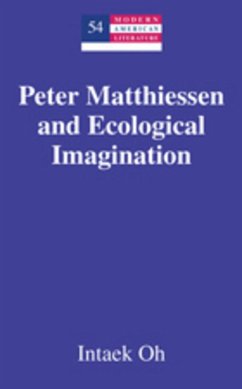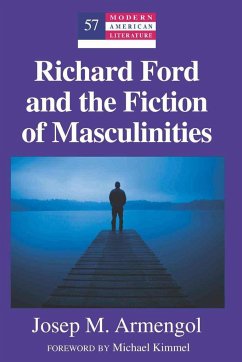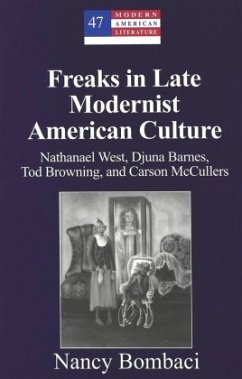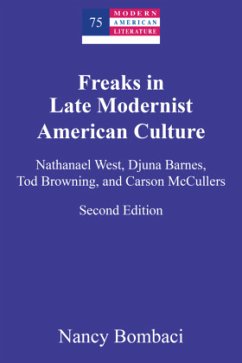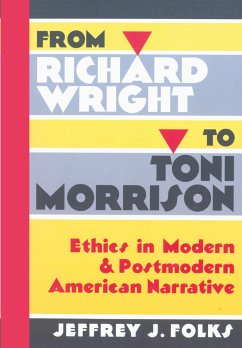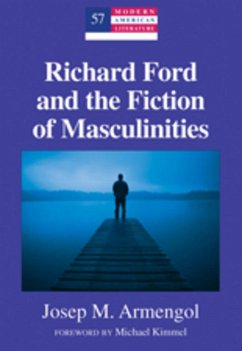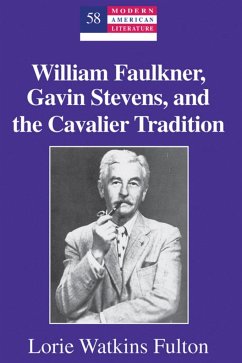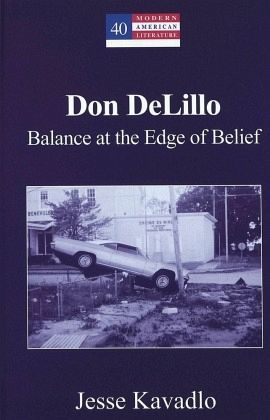
Don DeLillo
Balance at the Edge of Belief
Versandkostenfrei!
Versandfertig in 6-10 Tagen
83,10 €
inkl. MwSt.

PAYBACK Punkte
0 °P sammeln!
Don DeLillo - winner of the National Book Award, the William Dean Howells Medal, and the Jerusalem Prize - is one of the most important novelists of the late-twentieth and early-twenty-first centuries. While his work can be understood and taught as prescient and postmodern examples of millennial culture, this book argues that DeLillo's recent novels - White Noise, Libra, Mao II, Underworld, and The Body Artist - are more concerned with spiritual crisis. Although DeLillo's worlds are rife with rejection of belief and littered with faithfulness, estrangement, and desperation, his novels provide ...
Don DeLillo - winner of the National Book Award, the William Dean Howells Medal, and the Jerusalem Prize - is one of the most important novelists of the late-twentieth and early-twenty-first centuries. While his work can be understood and taught as prescient and postmodern examples of millennial culture, this book argues that DeLillo's recent novels - White Noise, Libra, Mao II, Underworld, and The Body Artist - are more concerned with spiritual crisis. Although DeLillo's worlds are rife with rejection of belief and littered with faithfulness, estrangement, and desperation, his novels provide a balancing moral corrective against the conditions they describe. Speaking the vernacular of contemporary America, DeLillo explores the mysteries of what it means to be human.



